Which schools can my child attend?
Foreigners arriving in Singapore have a rich selection in terms of education providers. Please review the list of all Private Education Institutions governed by the Singapore Council of Private Education. Over 1000 schools are listed in the above database. Each school is unique and offers families different alternatives.
In general, local schooling is not an option as priority is given to citizens and permanent residents.
What curriculums do Singapore schools offer?
Singapore International Schools offer a wide range of curriculum options for families. The International baccalaureate is a popular choice and offers a holistic, broad and trans-disciplinary approach to learning which is taught from an International perspective.
Certain schools offer national curriculums which facilitate a smooth integration back to the student home-country. Further still-certain schools offer blended programs where a national and international curriculum is delivered on an integrated platform.
What calendar do schools in Singapore follow?
Most International schools follow a Northern Hemisphere school calendar. This means school starts in August or September and runs until May/June. There are certain schools which run on a Southern Hemisphere calendar from January to December but these are in the. Minority.
Does my child need to pass a test to enrol in school?
International schools have different approaches regarding testing for admission. Certain schools will review the student’s transcript instead of administering a test. This is often less stressful for the student. Other schools require an admission test to be passed successfully. This ensures an objective evaluation.
How much does schooling in Singapore cost?
International Schooling in Singapore is an expensive investment with annual fees of between SGD $25000 and SGD $50000 for Year/ Grade 1. Additionally schools require upfront costs at the point of admission as well as annual bills for different reasons. Singapore has also seen the emergence of affordable International Schools which are offering value education solutions from SGD $15000 per annum.
What VISA does my child need to enrol in a Singapore school?
Your child will require a dependent pass or a student pass. A dependent pass is issued to the Spouses and unmarried children under 21 years old (both birth and legally adopted children). A student pass can be applied for if the child dis not eligible for a dependent pass.
What are Singapore’s Immunisation requirements for my child?
Foreign-born children aged 12 years old and below, who are first-time applicants for Dependent’s Pass (DP) or Long Term Visit Pass (LTVP) issued by the Ministry of Manpower (MOM), and the Student’s Pass (STP) issued by the Immigration & Checkpoints authority (ICA), are required to submit documentary proof of vaccination or evidence of immunity for diphtheria and measles to the Health Promotion Board (HPB) for verification before they can proceed with their applications to MOM or ICA for their long-term stay in Singapore.
What learning support do Singapore International Schools offer?
There are a number of learning support programs across the Singapore International School landscape. Talk to us about your child’s learning requirements and we will guide you to the most suitable programs.
What enrichment and sporting activities are offered in Singapore International Schools?
International schools in Singapore can offer up to 200 sporting and enrichment activities for your child/ren. The sports program on-island is robust and includes opportunities for your children to travel the region to play competing schools. Certain activities may only be unique to certain schools and during certain terms.
What universities do students from Singapore International School attend?
Students from international schools in Singapore are accepted into universities from around the worlds. The established schools curriculum delivery allows for some of the highest IB Diploma scores which provide students with options on an International level. Universities value an International perspective when reviewing applicants and this also provides students with a favourable position.






